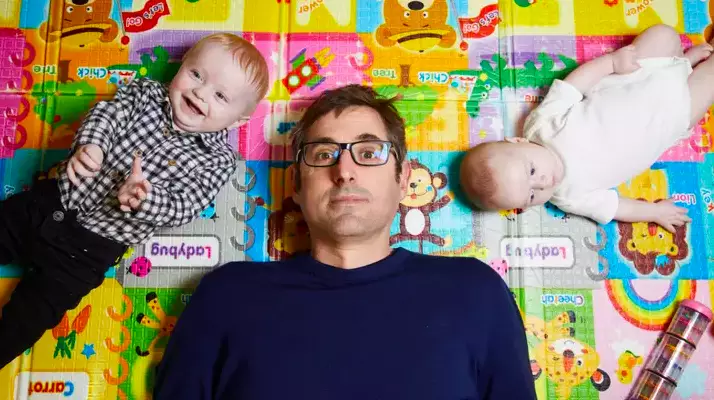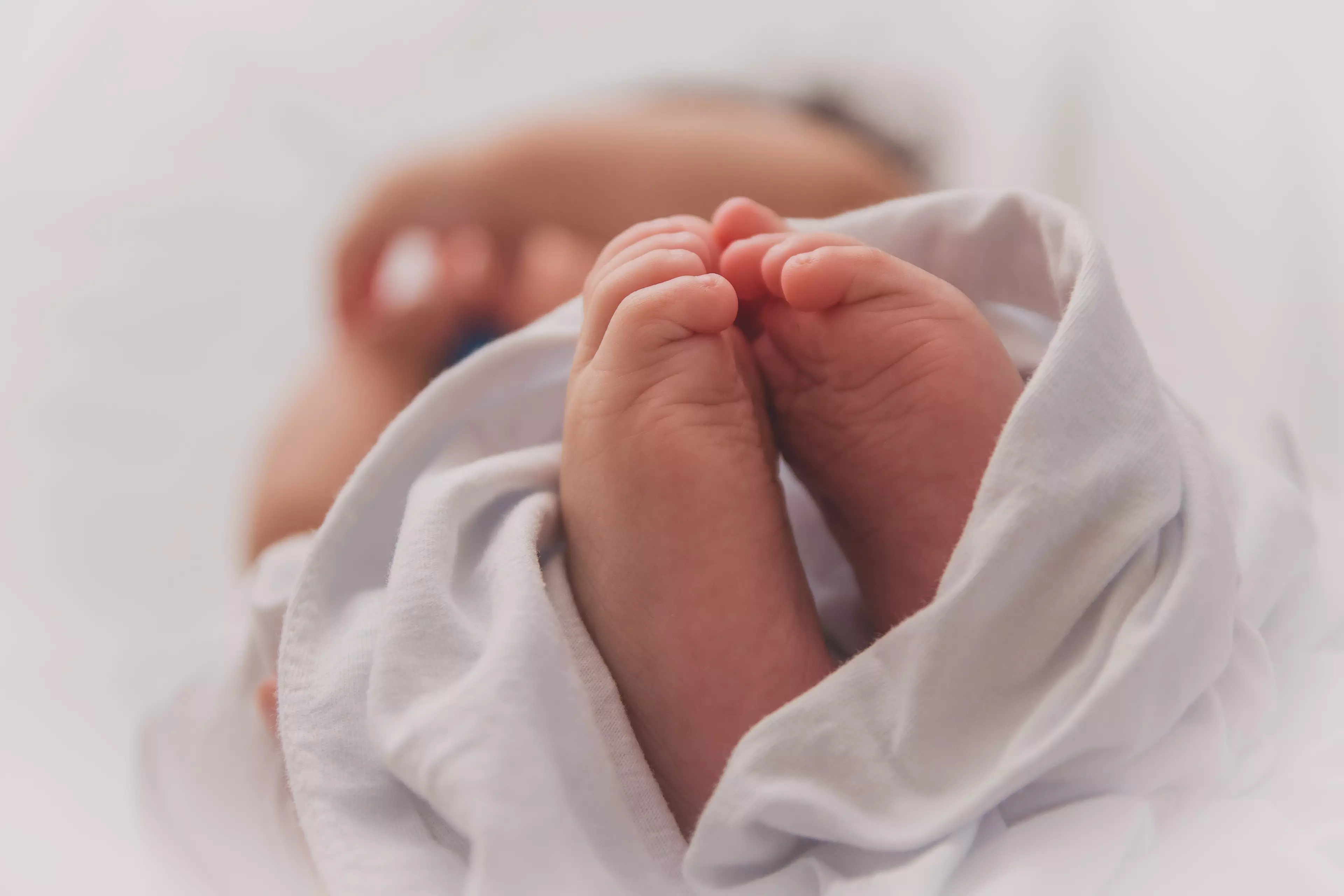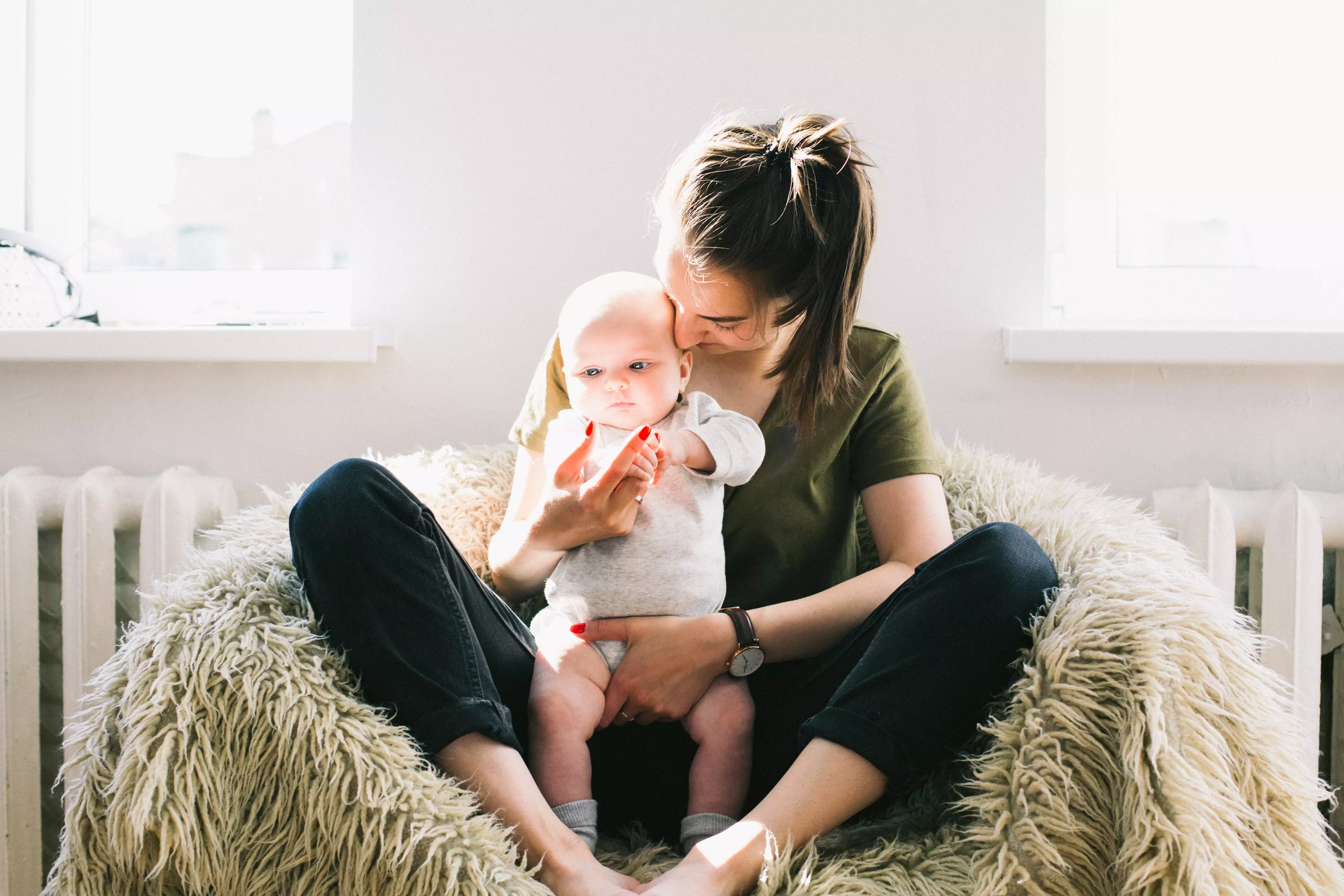
Around 13 per cent of women globally experience a mental disorder, primarily depression, after giving birth, according to WHO.
Despite this, postnatal depression is still a taboo subject despite more than 1 in 10 women in the UK experiencing it.
Aired earlier this month, Louis Theroux's new documentary, which follows mothers facing extreme postpartum mental illness, was widely praised for tackling the subject. But how much do you really know about it - and would you know how to help a friend if she was struggling?

Despite some small advancements in the awareness of postnatal depression (PND), many women are still suffering in silence with little or no knowledge of how to tackle it.
Advert
Last week, it emerged that 34-year-old Stephanie Housley had tragically jumped to her death just hours after having lunch with her daughter, with family saying there were "no warning signs she was planning to take her own life," The Mirror report.
Here, Dr Mark Winwood, the director of psychological services at AXA PPP healthcare, gives answers to the most-frequently asked questions about PND...
So firstly, what are the signs of postnatal depression?
As with any kind of depression, the signs and symptoms are different for everyone, but a big tell-tale is the timing as PND sufferers tend to develop symptoms in the weeks or months after childbirth.
Advert
"Broadly speaking, depression is a constant feeling of sadness," Dr Winwoodexplains. "This low mood is often accompanied by other signs and symptoms that fall into three categories.
He explains that these categories are 'Thoughts and feelings', including negative thinking, low self esteem, guilt and feeling helpless; 'Changes in behaviour' such as mothers who are distancing themselves from others, frequently crying and who are experiencing sleeping or eating pattern changes; and 'Physical changes', e.g. sudden increase or loss of appetite, listlessness or lack of energy/enthusiasm and constipation.
What are the main reasons women develop postnatal depression?
While the cause of PND does not have a definite answer, scientists put a lot of it down to changes in hormones caused by pregnancy. However, seeing as only some women who have been pregnant go on to get the mental illness, this suggests there are other contributing factors.
Advert
Dr Winwood lists some of the situations that could put someone at particular risk of developing it as "previous mental health problems including PND, lack of support, experience of abuse, low self-esteem, poverty and poor living conditions, major life events, substance use and addiction, and traumatic pregnancy."

How long can postnatal depression last for?
Dr Winford explains, "PND usually starts four to six weeks after the birth of the child," and that the length of time it can last depends on the person, "the severity of the symptoms and the treatment applied."
Advert
"It isn't usual for someone to have PND symptoms for a matter of years," he says, but according to the NCT, less than a third of people who have the symptoms report them lasting a year.

How can I help someone with postnatal depression?
If know or suspect someone to be suffering, there are some suggestions for how you can make their time a little easier.
Advert
Dr Winwood says: "It's really important that any mum who is experiencing difficulties sees a sympathetic doctor about her postnatal depression, to get the help she needs. If necessary go with her and ensure she tells the doctor the full extent of the problem.
"Please remember this is an illness, as much as any other illness. She cannot help it, or 'pull herself together' however much she tries or may want to.
"Listen to her as much as you can. Ask her about her thoughts and feelings. Give her time."
"There will be good days and bad days. Help as much as you can with practical stuff but also let her do as much as she wants to. Leave her role in the home as open for her as possible so she doesn't feel she's a failure or that you're taking over."
He also suggests being empathetic, "even if it's boring to listen to the same thoughts and emotions over and over again," and "Don't push her to do things or go places she feels uncomfortable with."

What can I do If I'm struggling myself?
If you are suffering personally, the best thing you can do is share your problem, no matter how hard.
Dr Winwood says: "The first thing I can suggest is to talk to a friend or close family member who has also had a child (recently if possible) - someone you feel comfortable confiding in. It's an old saying but 'a problem shared...(you know the rest!)," adding, "It's important to know you're not alone in your feelings."
He suggests some tips to help including making time for yourself every day, keeping a diary of your thoughts and emotions, being honest with how much you can do and allowing yourself to be overwhelmed.

Can men get postnatal depression?
Research has actually found that up to one in 10 new fathers become depressed after having a baby, according to the NHS. However, it's only recently that male PND has been more widely acknowledged.
Dr Winwood puts this down to the belief that PND is mainly hormonal.
"We now know that PND is actually triggered by a number of factors, of which hormonal changes are just one possible contender," he explains.
"When there is a lot of pressure financially, emotionally and physically on a new father, it can cause excessive stress, which can then lead to depression. Dads (like mums) are also at a higher risk if they have previously suffered from depression or if they're a single parent, having the full responsibility of caring for a new born baby with no support from a partner," he says.
Featured Image Credit: Unsplash/Daria LitvinovaTopics: Life News, Mental Health, Life